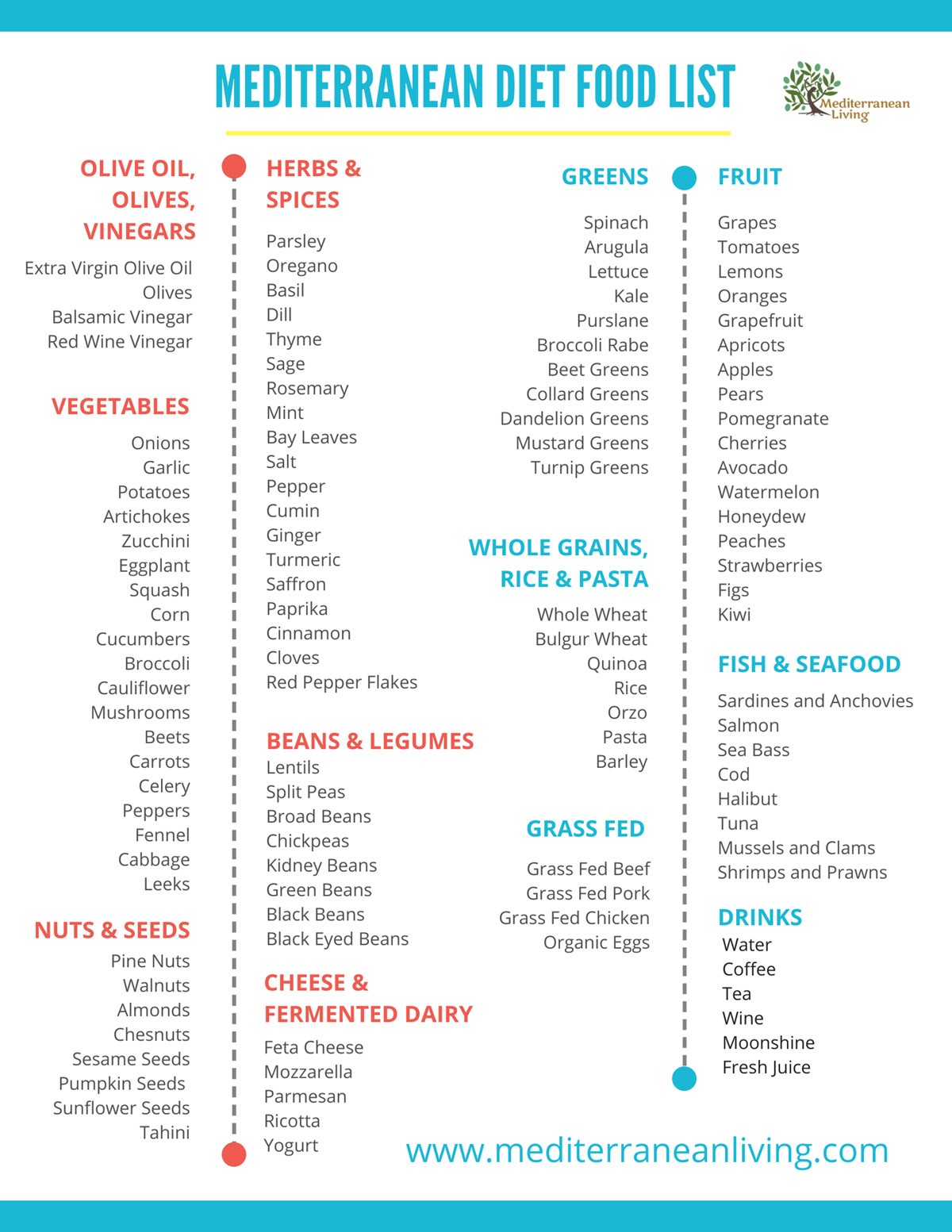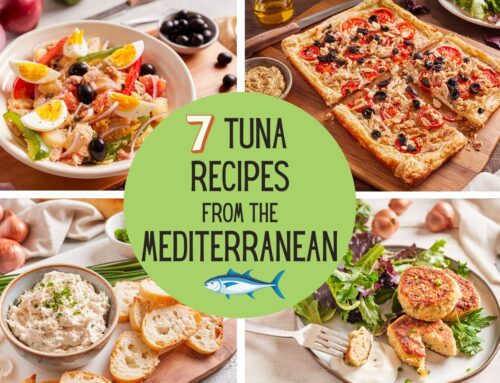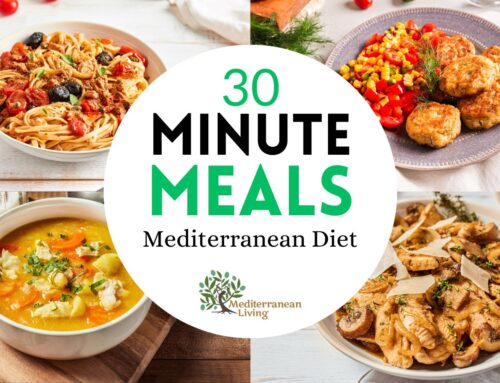Does Eating Mediterranean Safeguard Against Alzheimer’s?
By Winter LeBlanc
Updated October 12, 2021
Over three million Americans every year are affected by Alzheimer’s disease, experiencing loss of memory over time and impairment of important brain functions. Since the disease has no cure yet and causes us to lose things that are so precious (our memory and ability to think), it is encouraging to know if there are ways to prevent it.
The Mediterranean Diet is packed with foods that promote brain health. This is because it is high in healthy fats, foods containing omega-3s and other nutrients that are proven to improve cognitive function. This has inspired scientists to research whether or not the Mediterranean Diet could be a way to lower our risk of developing Alzheimer’s Disease.

Sheet Pan Salmon with Asparagus, Lemon and Dill
In May of 2021, a study was published in Neurology, a scientific journal focused on brain-related medicine, called “Mediterranean Diet, Alzheimer Disease Biomarkers and Brain Atrophy in Old Age”. The study aimed to see if following the Mediterranean Diet was associated with lower risk of Alzheimer’s. Scientists at the German Center for Neurodegenerative Diseases (DZNE) looked at 512 individuals of which 270 were women, 242 were men and the average age of a participant was 69. Roughly half of the participants were at a higher risk for developing Alzheimer’s based on the disease running in their family or having symptoms of memory loss or difficulty thinking.
To test if there was an association between eating Mediterranean and Alzheimer’s Disease, the scientists gathered data on the brain size and memory of each patient. They also looked at the amount of specific proteins called “biomarkers“ present in each patient that are linked to a higher risk of Alzheimer’s. To rate how closely a participant was following the Mediterranean Diet, the scientists came up with a point system based on 9 possible points. This Mediterranean Diet score was based on how much fish, vegetables, fruits, nuts, legumes, grains and monounsaturated fats they were eating. They were also given points for eating less meat and dairy. Finally, they were given points if they had a small amount of alcohol such as wine or beer. In other words, the more they were eating a traditional Mediterranean Diet the higher their diet score would be.

The scientists found that a higher Mediterranean Diet score based on the point system above meant positive things for overall brain health and decreased risk of Alzheimer’s Disease. Participants with higher scores had bigger brain size, which is associated with better cognitive function and higher intelligence. They also had better memory and less biomarkers that are typical of people with brain diseases like Alzheimer’s. Notably, people eating more Mediterranean had the brain size and memory qualities of a person a full year younger than them.
Alzheimer’s disease affects our memory and ability to think, making it a threat to how we perceive reality. Raising awareness around and actively improving your brain health is a way to safeguard against developing this disease. In the Mediterranean, Alzheimer’s is less prevalent and diet is a huge reason. Eating the nutritious and tasty food based on the diet of some of the healthiest people in the world is a great step towards protecting our brains.
Are you interested in learning how to eat Mediterranean? Check out our Mediterranean Way Program, a 10-week program focused on teaching you the basics of adopting a Mediterranean lifestyle around food and cooking.
If you are wanting to eat delicious Mediterranean food AND lose weight check out our Mediterranean Diet Weight Loss Program.












Winter LeBlanc says:
Winter LeBlanc says:
Bill Bradley, R.D. says: